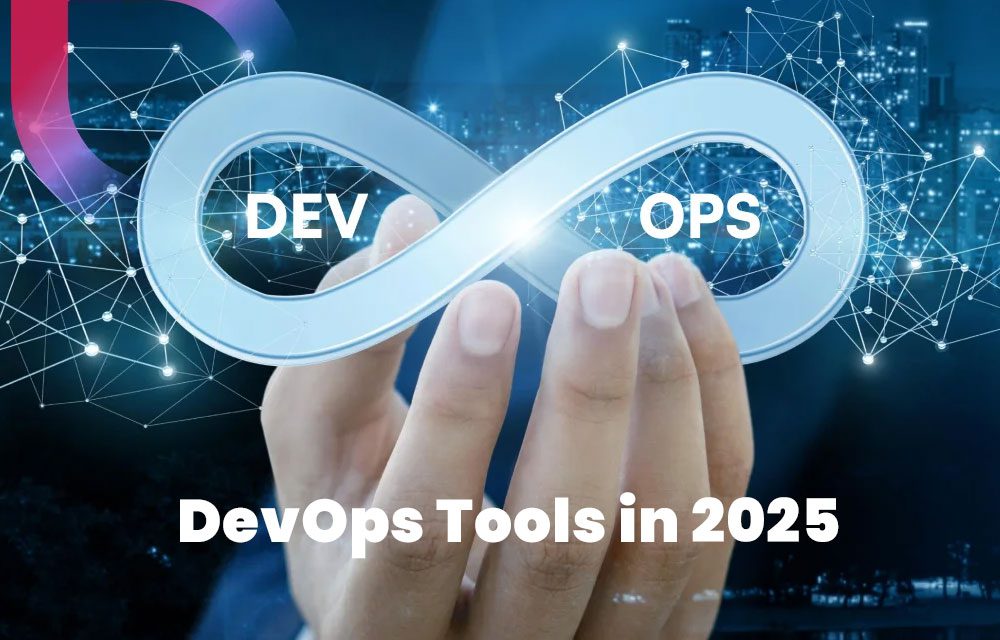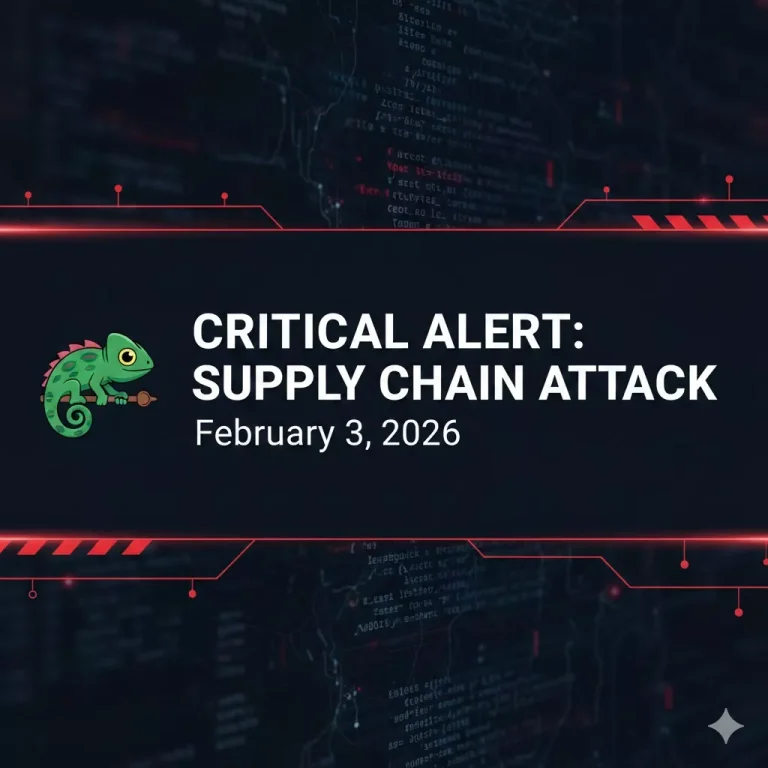DevOps has become the backbone of modern software delivery. In 2025, its relevance continues to grow as organizations demand faster deployments, stronger security, and greater scalability. At the heart of this evolution lies a robust ecosystem of tools engineered for cloud-native and hybrid environments.
This guide explores the leading DevOps tools of 2025—spanning CI/CD, infrastructure automation, security integration, observability, and more—providing essential insights for cloud engineers aiming to stay ahead.
The State of DevOps in 2025
The DevOps landscape is thriving, driven by global digital transformation and the widespread adoption of microservices and cloud-native architectures. Key trends include:
- Platform engineering and Internal Developer Platforms (IDPs)
- Multi-cloud strategies as the new normal
- DevOps as a business enabler, not just an engineering function
Criteria for Selecting DevOps Tools
Modern DevOps tools must meet the following standards:
- Scalability and performance across distributed systems
- Seamless integration with AWS, Azure, and GCP
- Security-first principles (DevSecOps)
- Active community and enterprise support
Top CI/CD Tools in 2025
- GitHub Actions: Deep GitHub integration, Copilot compatibility, and an extensive marketplace
- GitLab CI/CD: All-in-one lifecycle platform with tight automation
- CircleCI: High-performance CI/CD with advanced parallelism
Leading Infrastructure Automation Tools
- Terraform: IaC standard with multi-cloud support and a vast module registry
- Pulumi: Modern IaC using TypeScript, Python, and Go
- AWS CloudFormation: Best for AWS-native teams requiring secure stack deployments
Configuration Management Tools to Watch
- Ansible: Agentless, YAML-based, and cloud/Kubernetes friendly
- Chef Infra: Enterprise-grade automation with policy-as-code
- SaltStack: Real-time, event-driven infrastructure control
Best DevSecOps Tools for Security Integration
- Snyk: Developer-friendly scanning for OSS and containers
- Aqua Security: Runtime protection in Kubernetes environments
- Checkov: Static analysis for IaC security and compliance
Cloud-Native Monitoring and Observability Tools
- Prometheus + Grafana: Open-source stack for Kubernetes monitoring
- Datadog: Full-stack observability with APM, logs, and security
- New Relic: SRE insights and AIOps-driven incident response
Container Orchestration and Kubernetes Tools
- Kubernetes: Still the standard for container orchestration
- Argo CD: GitOps-based app deployment in Kubernetes
- Helm: Package management for complex Kubernetes apps
Emerging Tools Gaining Traction
- Dagger: Portable, container-powered CI/CD pipelines
- Earthly: Reproducible builds with Docker-like syntax
- CUE: Declarative configuration and validation language
AI-Driven DevOps and AIOps Tools
- Harness: AI-powered CI/CD with anomaly detection and cost control
- Codefresh: Kubernetes-native with AI rollout strategies
- Firefly: AI for cloud asset management and drift detection
DevOps Collaboration and Planning Tools
- Jira + Jira Service Management: End-to-end issue tracking with ITSM support
- Notion: Lightweight documentation with DevOps integrations
DevOps for Multi-Cloud and Hybrid Environments
- Support for cross-platform orchestration via Terraform Cloud, Spacelift, Crossplane
- Focus on Policy as Code, GitOps, and IaC governance
Cost Optimization and FinOps Tools
- CloudHealth by VMware: Multi-cloud cost visibility and policy automation
- Spot.io: Predictive infrastructure optimization with AI
DevOps Career Outlook and Skills in 2025
DevOps continues to offer high demand and lucrative career paths. Top roles include:
- Platform Engineers
- Site Reliability Engineers (SREs)
- Cloud DevOps Architects
Highly valued certifications:
- AWS Certified DevOps Engineer
- Google Cloud DevOps Engineer
- CKA/CKAD
Skills in AIOps, GitOps, and security automation give professionals a strong edge.
Conclusion
The DevOps toolbox in 2025 is richer than ever—powered by AI, designed for multi-cloud, and aligned with modern developer workflows. Staying updated with these tools is critical for building resilient, efficient, and scalable systems.
Whether you’re starting out or leveling up, mastering these DevOps tools will ensure long-term success.
FAQs
1. What is the most popular DevOps tool in 2025? GitHub Actions is widely adopted, especially in GitHub-based workflows.
2. Which DevOps tool is best for AWS? Terraform and AWS CloudFormation are top choices for AWS users.
3. Are there free DevOps tools worth using? Yes—Prometheus, Grafana, Argo CD, and Ansible are open-source and widely used.
4. What DevOps tools do enterprises prefer? GitLab, Datadog, Harness, and Snyk are favored for their enterprise features.
5. How can I start a career in DevOps in 2025? Learn cloud platforms, get certified, practice with open-source tools, and seek internships or junior roles.





